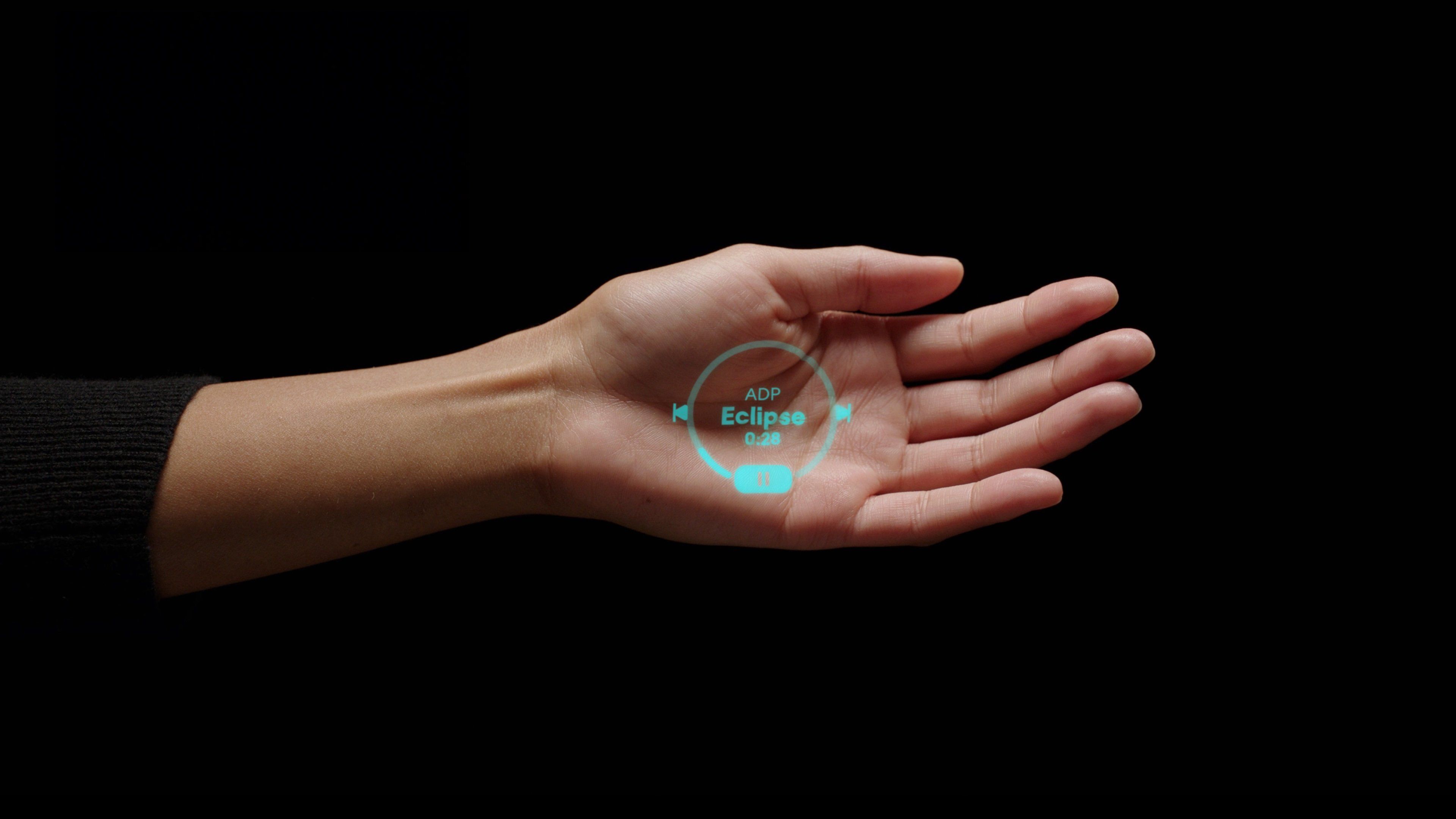$699: There’s a new AI-powered wearable device on the market. The Verge likened the Humane magnetic pin to a “smartphone without a screen.” The mysterious device — which costs $699, plus a $24 monthly subscription fee — is a bid to make the power of computing nearly invisible. The pin functions with voice commands and projects images, from menus to incoming calls, with a laser.
27: Only 27% of Americans see regulating AI as a “top priority,” according to a new poll conducted by Axios and Morning Consult. Another 33% think reining in the new technology is “important” but not a top priority — which suggests that AI will not be an urgent campaign issue in 2024.
5: In the next five years, AI will utterly change the way you use computers, according to Microsoft CEO and co-founder Bill Gates. “You won’t have to use different apps for different tasks,” he wrote in a new blog post. “You’ll simply tell your device, in everyday language, what you want to do. And depending on how much information you choose to share with it, the software will be able to respond personally because it will have a rich understanding of your life.” What could possibly go wrong?
$10 million: OpenAI recruiters are reportedly telling researchers their total compensation package falls between $5 and $10 million. That’s mostly based on maybe-generous estimates of private stock options. But it’s an eye-popping range that’s sure to help OpenAI lure top talent away from competitors like Google, let alone the public sector.
$200 million: Airbnb just made its first acquisition as a publicly traded company, reportedly buying a little-known AI startup called Gameplanner.AI for about $200 million. In an interview in May, Airbnb CEO Brian Chesky said he wanted the company to utilize AI as the "ultimate concierge" for travelers.
